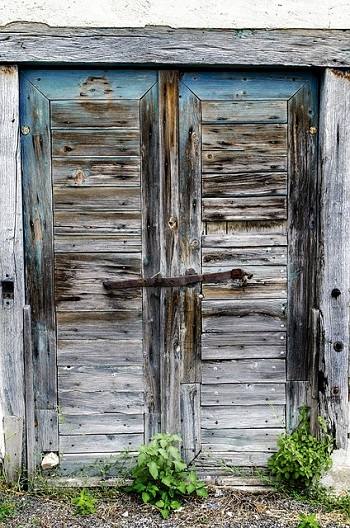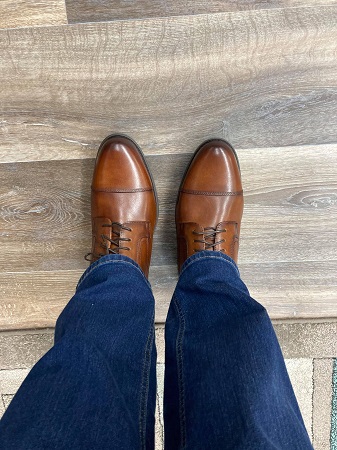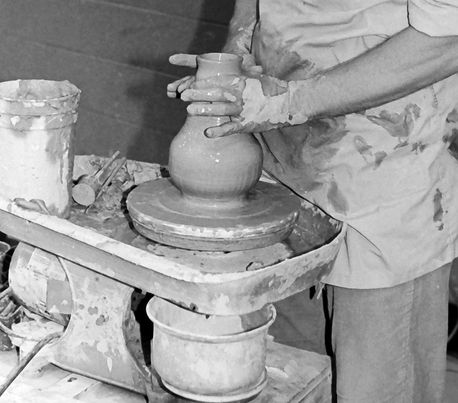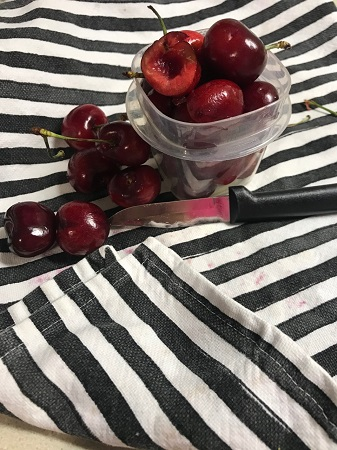Right as Rain
 Like a gentle rain on a hot, dry day, some things feel right as rain. Plants need refreshment, and so do people. After a long, dry spell of trouble, we love calm showers of peace.
Like a gentle rain on a hot, dry day, some things feel right as rain. Plants need refreshment, and so do people. After a long, dry spell of trouble, we love calm showers of peace.
Right as rain often means life is all right.
We enjoy:
- Good or improved health
- Everything working as it should
We feel well. Problems are solved. Work is complete.
Right as rain also means something is correct.
- We give the right answers on a test.
- Our work meets or exceeds requirements.
At times, right as rain means dependable.
People are as good as their word. We can take what they say to the bank. Regardless of their circumstances, rain or shine, they do what is right.
God offers a good, correct, and dependable life.
That does not mean everything always goes as we hope. It does mean everything will eventually work out.
Sooner or later, people fail. God never has and never will. We can trust God with our lives and our futures.
“Let my teaching fall like rain and my words descend like dew, like showers on new grass, like abundant rain on tender plants” (Deuteronomy 32:2 NIV).
Thanks to Regina Graham for the suggestion.
Do you have an expression you want explained or a thought about this one? If so, please comment below.
Subscribe to receive my weekly posts by email and receive a free copy of “Words of Hope for Days that Hurt.”
If you enjoyed this post, please share it with your friends.
 Get ready. Beware. Katy bar the door.
Get ready. Beware. Katy bar the door. Last week we explored
Last week we explored  Few of us like to sweat bullets – physical or emotional.
Few of us like to sweat bullets – physical or emotional. Years ago, people treated many medical emergencies at home. One common remedy was to pour or rub salt in a wound. That solution often caused more pain than the original problem.
Years ago, people treated many medical emergencies at home. One common remedy was to pour or rub salt in a wound. That solution often caused more pain than the original problem. If we put the right shoe on the right foot, it feels fine. However, if we put it on the left foot, it hurts. We don’t like it when the shoe is on the other foot.
If we put the right shoe on the right foot, it feels fine. However, if we put it on the left foot, it hurts. We don’t like it when the shoe is on the other foot. We can use our hands for great good or great evil. Too much free time often leads us the wrong direction. Idle hands are the devil’s tools.
We can use our hands for great good or great evil. Too much free time often leads us the wrong direction. Idle hands are the devil’s tools. Many in the world have faced difficult circumstances in recent days. A few describe their situation as the pits.
Many in the world have faced difficult circumstances in recent days. A few describe their situation as the pits. A few years ago, my husband was in the hospital, not expected to live. The next day a doctor said he was much better but not out of the woods yet. He meant my husband still had to fight for his life.
A few years ago, my husband was in the hospital, not expected to live. The next day a doctor said he was much better but not out of the woods yet. He meant my husband still had to fight for his life. My friend Phyllis recently had an ox in the ditch. She and her husband dressed for church. Then they noticed a cow having trouble birthing its calf. Their cow needed help. Putting
My friend Phyllis recently had an ox in the ditch. She and her husband dressed for church. Then they noticed a cow having trouble birthing its calf. Their cow needed help. Putting